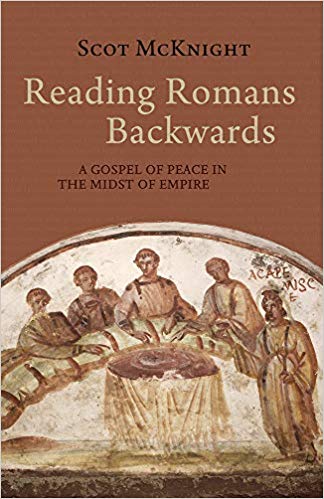BEN: You say that Romans is about deconstructing privilege and power, but Rom. 13 looks like anything but such a project. To the contrary it appears to be an endorsement of the proper role of Roman authorities in governing the Empire, and various officials including tax collectors properly doing their job—administering justice. How does Rom. 13 fit into your paradigm of interpretation? Paul simply assumes a hierarchy of government that in fact was ordained by God. Furthermore, he assumes a religious hierarchy with Christ as now the living Lord of his followers, who are in no way his equals. In other words, power and privilege are to be used to serve others, as Christ did during the earthly ministry, but Paul is not asking the strong to give up being strong—he is asking them to use their resources and time to serve the weak. That seems to me to be a different matter. Servant leadership is still leadership, and helping others is not necessarily a means of sociological leveling or getting rid of hierarchy toute court. Peace comes through service and frankly through loving self-sacrificial service, but there is still privilege and power. Comments?
SCOT: Privilege and Power operate at many levels. These Christians almost certainly had NO status with Nero and Seneca inside Rome. None. But status games will operate in small households and in larger households so in the house churches of Rome I see status games being played out between those who had some and those who had none – with respect to one another’s status. A middle income man in our society has not status in the midst of some high status bankers in a meeting in NYC but the minute that middle income man enters his own small business he becomes somebody with status.
I agree: power and privilege are “power for” and not power “over” but that does not mean the Strong weren’t using their power “for” in a way that was like Rome and became a power “over” … I think we agree on this.












